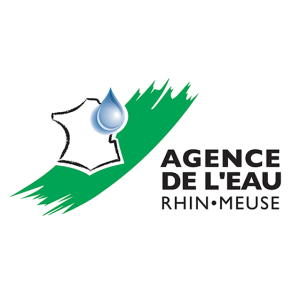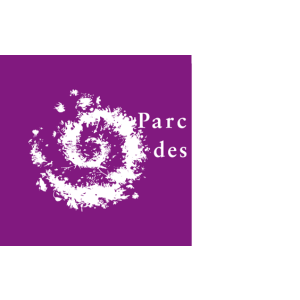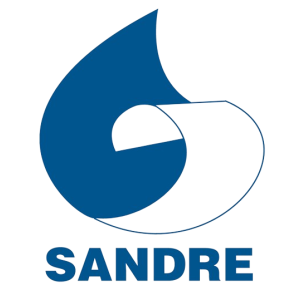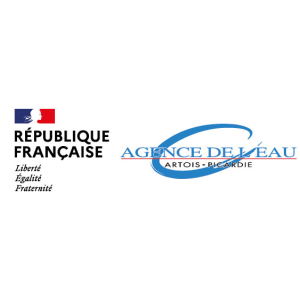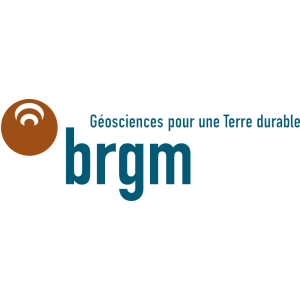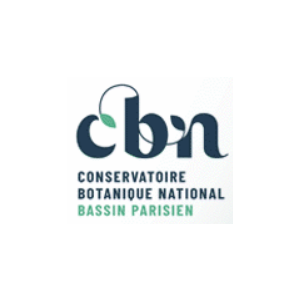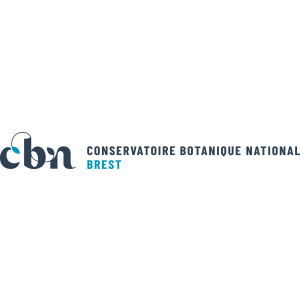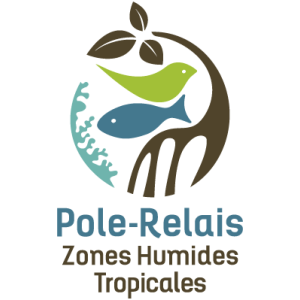
Document généré le 07/02/2026 depuis l'adresse: https://www.documentation.eauetbiodiversite.fr/fr/notice/silvering-of-female-eels-anguilla-anguilla-in-two-sub-populations-of-the-rhOne-delta
Titre alternatif
Producteur
Contributeur(s)
Éditeur(s)
EDP Sciences
Identifiant documentaire
11-2003036
Identifiant OAI
oai:edpsciences.org:dkey/10.1051/kmae:2003036
Auteur(s):
A. ACOU,F. LEFEBVRE,P. CONTOURNET,G. POIZAT,J. PANFILI,A. J. CRIVELLI
Mots clés
European eel
Anguilla anguilla
silvering
ocular index
gonadosomatic index
growth pattern
age at metamorphosis
freshwater
brackish water
Anguille européenne
Anguilla anguilla
argenture
index oculaire
rapport gonadosomatique
croissance
age à l’argenture
eau douce
lagune
Date de publication
01/04/2008
Date de création
Date de modification
Date d'acceptation du document
Date de dépôt légal
Langue
en
Thème
Type de ressource
Source
https://doi.org/10.1051/kmae:2003036
Droits de réutilisation
Région
Département
Commune
Description
The eel population of the Camargue lagoon system can be divided into two subunits living in two distinct biotopes (freshwater and brackish water) and characterised by different population structures and especially growth patterns. The sub-population living in the Fumemorte canal (average salinity: 0.9 g/l) is a freshwater population type (81.6% females, maximum ages observed = 9 - 11 years, slow growth (annual gain 46 mm)) whereas that of the Vaccarès lagoon (average salinity: 9.7 g/l over the same period) is typical of a lagoon (45.6% females, maximum ages 5 – 6 years, fast growth (annual gain 90 mm)).
In each sub-population, Gonadosomatic Index (GSI) and OI (Ocular Index) were measured on female eels over a sampling period that started in January 1997 and ended in December 2000.
In both types of habitat, and in agreement with previous studies, we observed a threshold value of GSI ≥ 1.4 % characterising the silver stage (MARCHELIDON et al., 1999). The increase in eye area was a progressive phenomenon, initiated in the yellow stage and was significantly correlated (p < 0.001) with the GSI. As with the GSI, OI increased in silver eels, the threshold value of ≥ 8.0 discriminating silver eels.
We will show that silvering follows different patterns between the two habitats. Age at metamorphosis in female eels take place very early in the Vaccarès lagoon (83.3% of females metamorphose between 4 and 5 years) compared to those in the Fumemorte drainage canal (94% of females metamorphose between 7 and 9 years). We suggest that the growth potential provided by Vaccarès lagoon accounts for this difference in age at metamorphosis. Although, such a turnover cannot explain alone the different proportions of female silver eels observed in the Fumemorte drainage canal (23%) and Vaccarès lagoon (2.4%). Influence of population’s parameters like sex-ratio, population structure and abundance on silvering process, is discussed.
Accès aux documents
0
Consultations
0
Téléchargements

